![]() It’s a major sign of the times and evidence that publishing is coming out its slumber. Though these experiments may not work in the long run – i.e. they don’t help increase book sales – it is at least evidence that publishers recognize the important of offering books for free to generate buzz and interest.
It’s a major sign of the times and evidence that publishing is coming out its slumber. Though these experiments may not work in the long run – i.e. they don’t help increase book sales – it is at least evidence that publishers recognize the important of offering books for free to generate buzz and interest.
This week there have been two major cases of major publishers offering books for free. First, Suvudu.com is a site run by Random House which will release ebook versions of science fiction titles free to the public. The press release reads:
NEW YORK, NY – March 4, 2009 – Random House, Inc. today unveiled the first five titles in its new Suvudu Free First Book Library. Designed to introduce new readers to popular and acclaimed science fiction and fantasy series, the Suvudu Free First Book Library allows readers to access free digital copies of the first book in each series.
The program launches with access to the following novels:
* His Majesty’s Dragon by Naomi Novik
* Assassin’s Apprentice by Robin Hobb
* Settling Accounts: Return Engagement by Harry Turtledove
* Red Mars by Kim Stanley Robinson
* Blood Engines by T.A. Pratt
Via Mick Rooney comes another free book program via venerable Faber & Faber. In this case, they are offering an ebook for the book What Price Liberty? and readers can “pay what you want” for the book.
What is interesting about these cases is that this model for publishing is what was once considered progressive, and even totally off the wall in some quarters. Cory Doctorow is perhaps the best example of a writer who offers his books free for download, which has proven to not detract from, but actually improve, the sales of print editions. Another Sky Press – a small press out of Portland, Oregon – is a press that releases PDFs for free and then charges a minimal amount for the print edition. Another Sky takes it one step further by offering the print book at cost – so the base price of the book may be $4.00 and readers can choose to donate any amount above that base price.
This is pretty clear evidence that the most unique models of publishing will potentially get picked up by the mainstream. You don’t get bigger than Random House or Faber & Faber. It’s possible that these experiments won’t work, but it is a good development that the industry is willing to experiment. It is another reason why self-publishing is losing stigma, as the self-publishing models are frequently being adopted by traditional publishers.
Get an Editorial Review | Get Amazon Sales & Reviews | Get Edited | Publish Your Book | Enter the SPR Book Awards | Other Marketing Services



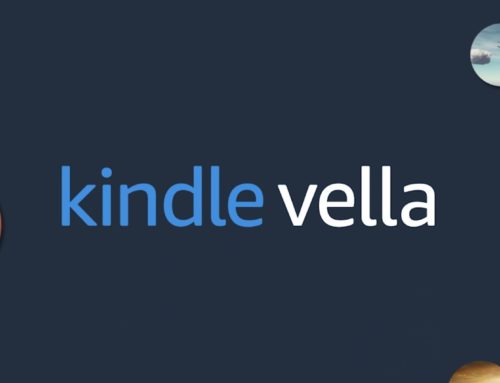


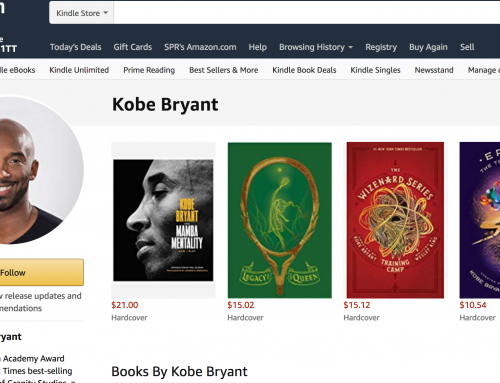
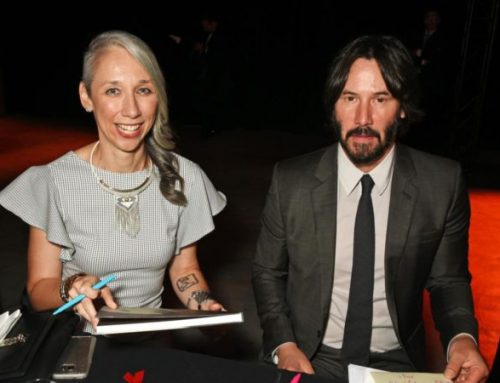
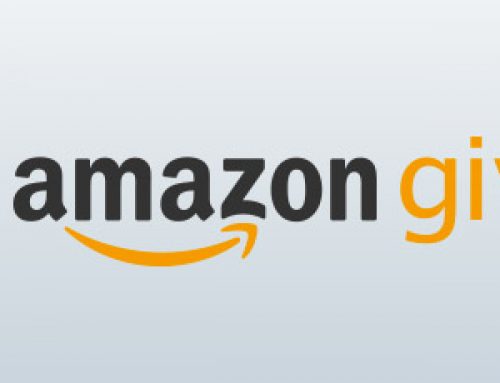

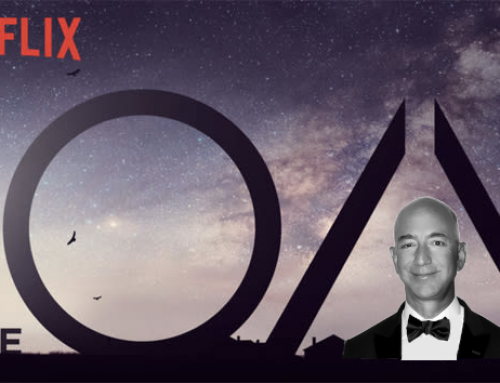
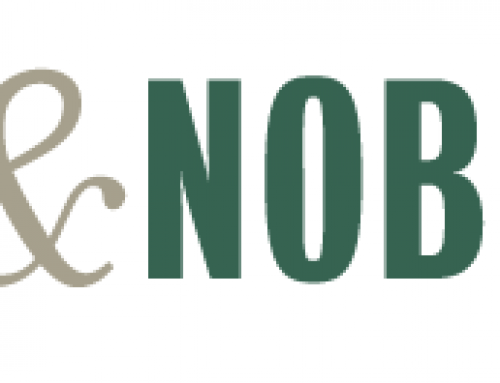
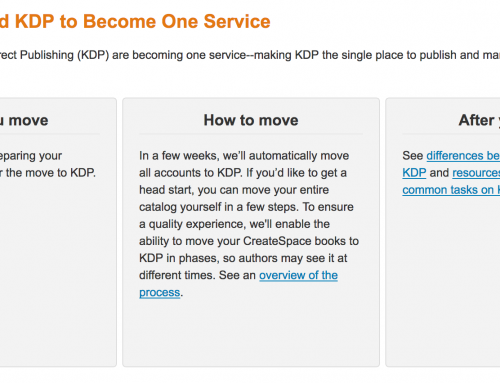

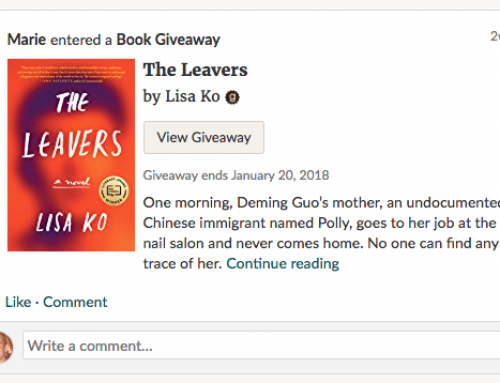
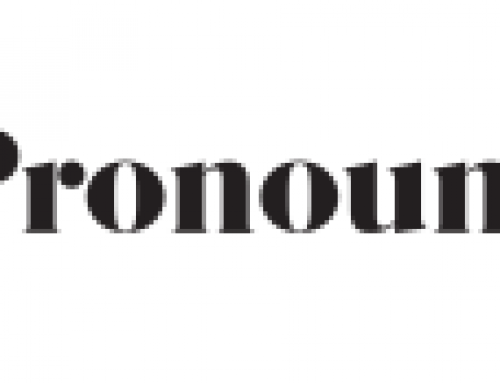
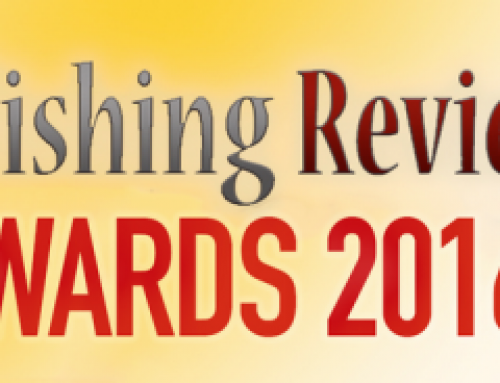
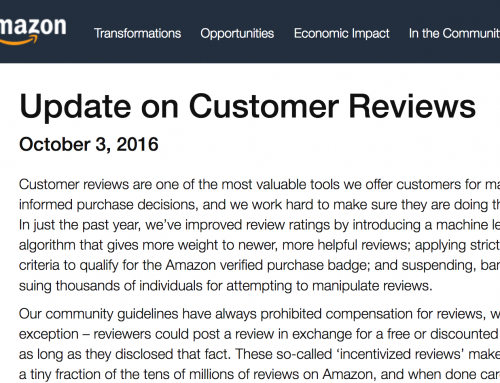
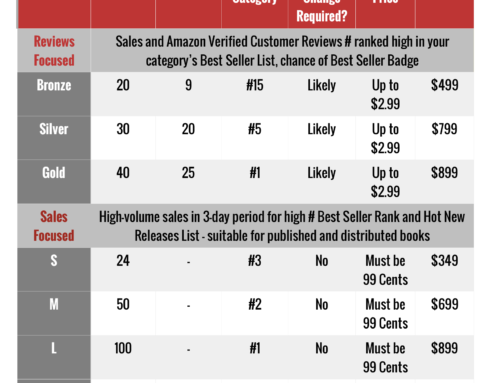
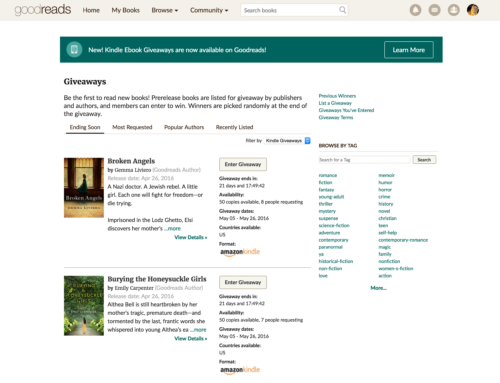
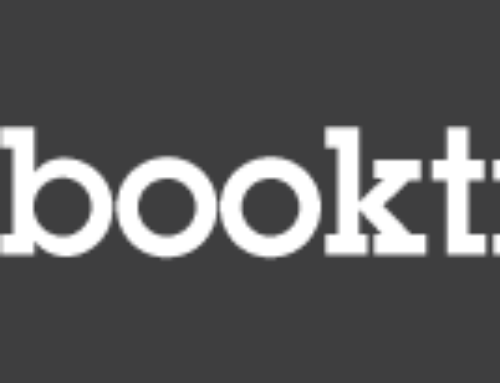

Leave A Comment